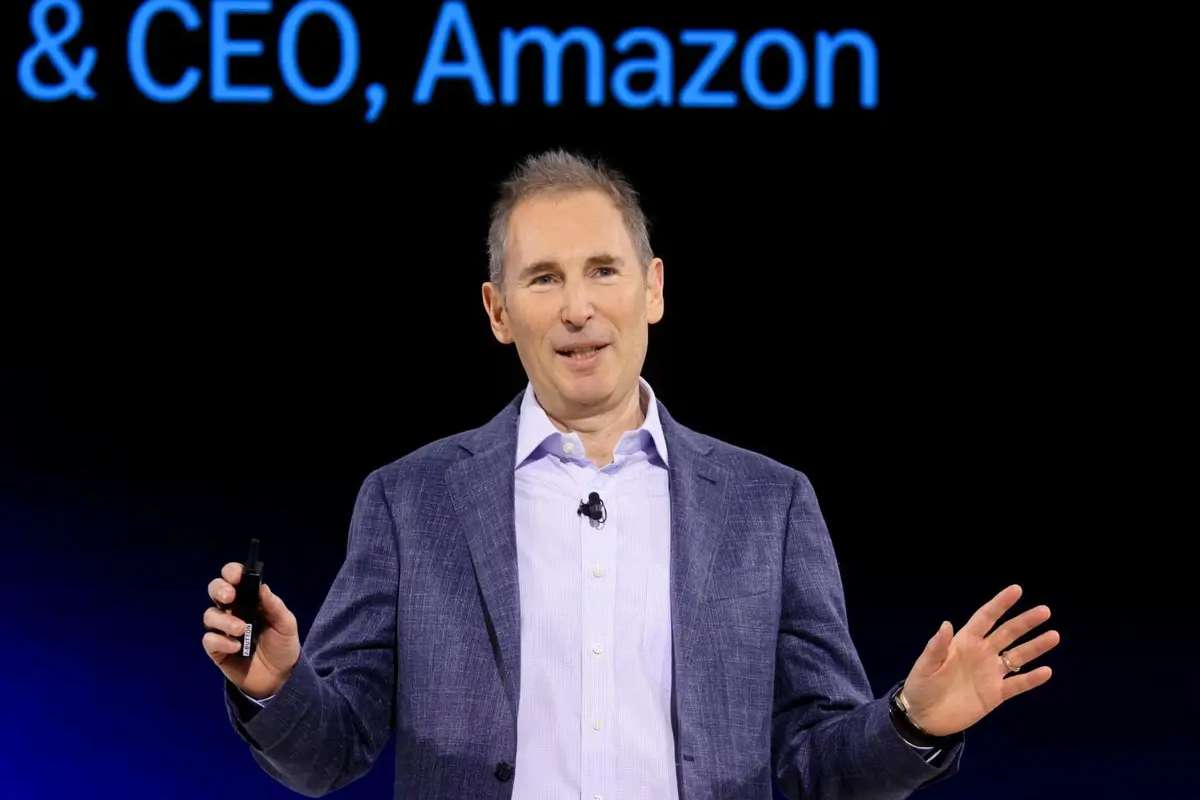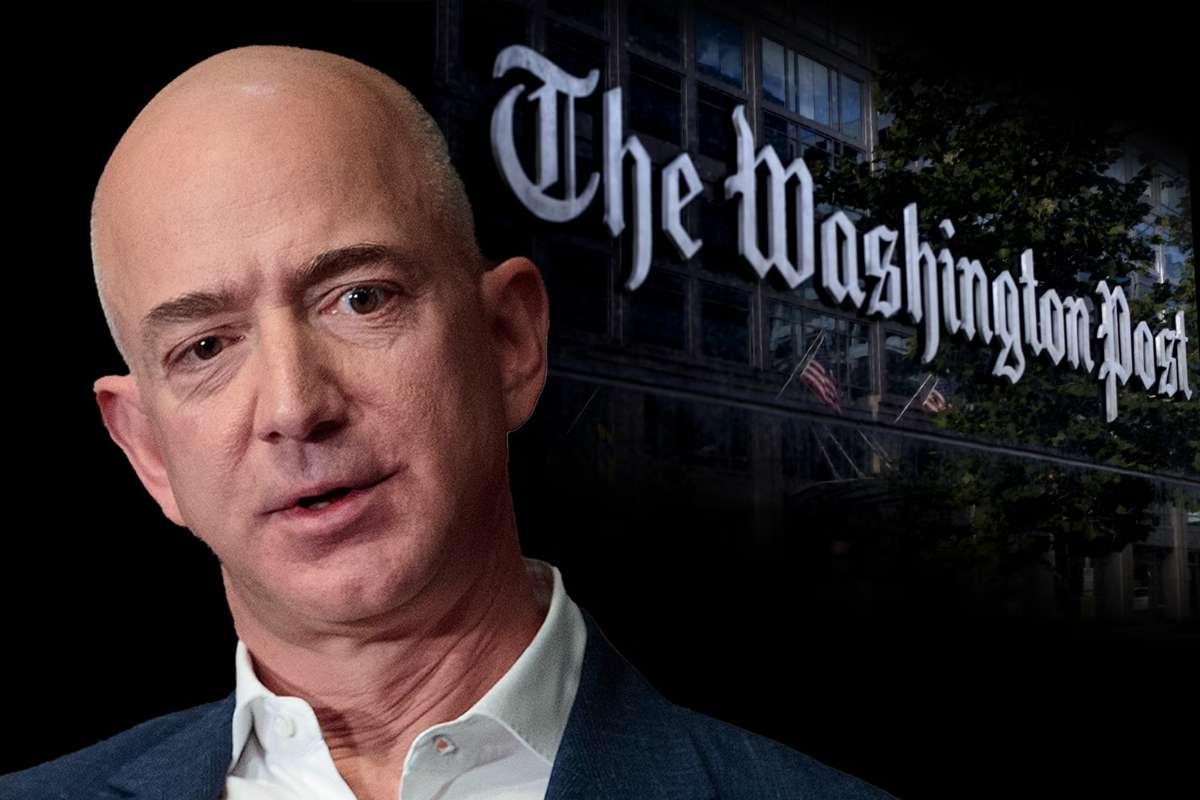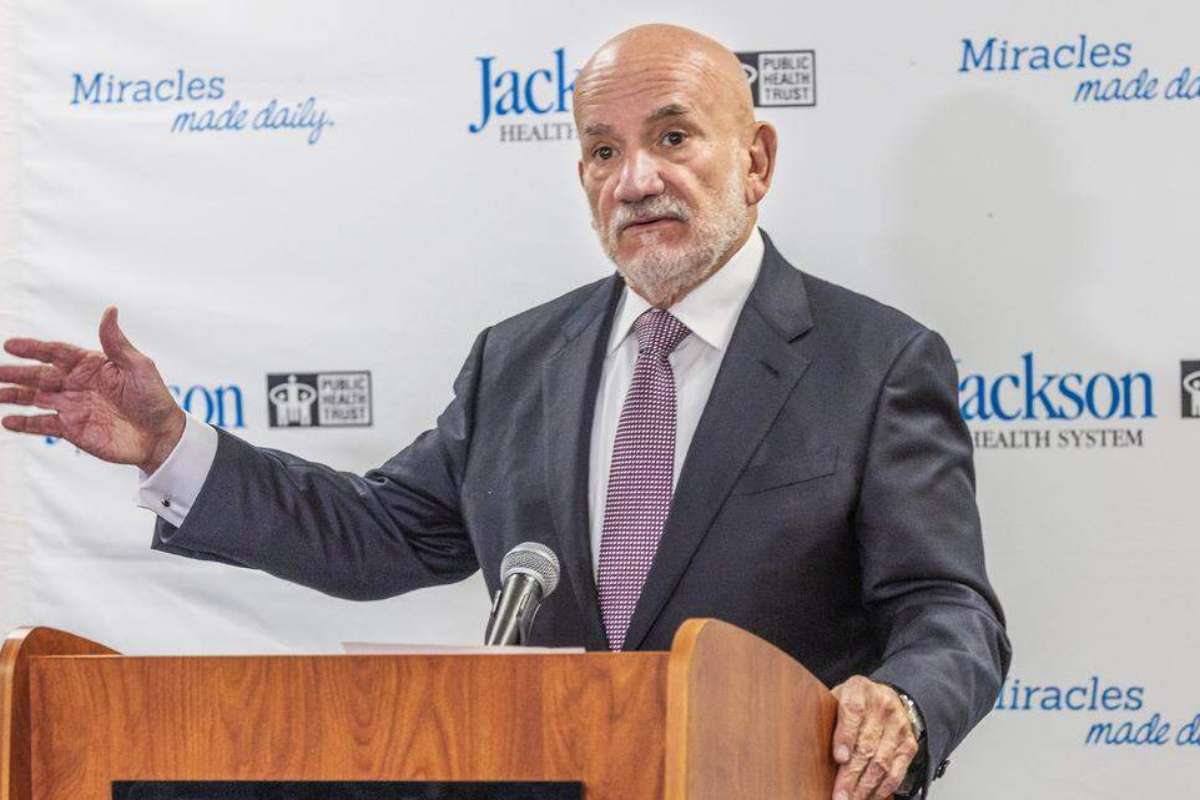The Senate is nearing a final vote on the Social Security Fairness Act, a bill aimed at increasing Social Security benefits for approximately 3 million people. On Wednesday, the chamber voted to advance the bipartisan proposal, which seeks to repeal certain rules that reduce benefits for public sector workers who receive pension income.
Despite receiving significant bipartisan support with 73 votes in favor, the proposal faced criticism from some lawmakers. Senator Thom Tillis raised concerns over the estimated cost of repealing the Windfall Elimination Provision (WEP) and Government Pension Offset (GPO), which the Congressional Budget Office estimates will amount to $196 billion over ten years.
Understanding WEP and GPO
The WEP reduces Social Security benefits for individuals who receive pensions or disability benefits from jobs where Social Security payroll taxes were not paid. Meanwhile, the GPO affects spousal and survivor benefits, reducing Social Security payments for those who also receive their own government pension income.
Supporters of the bill argue that repealing these provisions would rectify an unfair penalty on millions of public servants. Critics, however, caution that passing the legislation would accelerate Social Security’s financial challenges. According to the Committee for a Responsible Federal Budget, the changes could move Social Security’s trust fund insolvency forward by six months. Without the proposed reform, the trust fund is projected to run out in 2033, at which point only 79% of benefits would be payable.
Tillis warned that the bill fails to account for the broader implications on the trust fund and does not address the 97% of beneficiaries who would not benefit from the reform. He criticized the lack of hearings or detailed discussions on the bill in both the House and Senate, emphasizing the need for a comprehensive evaluation of its impact.
The Bill’s Progress and Bipartisan Support
The Social Security Fairness Act was approved by the House in November after two lawmakers filed a petition to force a vote on the legislation. In the Senate, Wednesday’s cloture vote to advance the bill limited debate, moving it closer to a final decision.
Among those who supported advancing the bill were a mix of Democrats and Republicans, including Senate Majority Leader Chuck Schumer. However, 27 Senators, mostly Republicans, voted against proceeding, citing concerns over costs and the bill’s long-term impact on Social Security’s stability.
The Human Impact of WEP and GPO
Senators advocating for the bill highlighted the financial struggles faced by their constituents due to WEP and GPO. Senator Susan Collins shared the story of a 72-year-old widow who was forced to return to work after her husband’s death because her Social Security widow benefits were reduced by two-thirds under the GPO.
Similarly, Senator Bill Cassidy recounted meeting with a retired schoolteacher from Louisiana who was devastated by the reduction in her Social Security spousal benefits. She felt punished for her years of service educating children, a sentiment echoed by many affected individuals.
Advocates for the bill argue that these provisions unfairly penalize public sector workers who have dedicated their lives to serving their communities. The proposed repeal would restore benefits and provide financial relief for those who have been disproportionately impacted.
A Step Forward for Public Sector Workers
If the Senate passes the bill, it will mark a significant victory for its co-sponsors and advocates, including Senators Collins and Sherrod Brown, who have championed this cause for years. Brown, who is set to leave the Senate after losing his reelection bid, emphasized the importance of restoring Social Security benefits for public servants who have earned them through a lifetime of work.
The bill’s passage would also be a final legislative achievement for Representatives Abigail Spanberger and Garret Graves, who introduced the House version of the bill and are both leaving Congress. Brown urged his colleagues on both sides of the aisle to support the legislation, calling it a matter of fairness for the individuals who have protected and served the nation.
As the Senate prepares for its final vote, the outcome will determine whether millions of public sector workers and their families will see long-awaited changes to Social Security rules, addressing what many view as an unjust penalty on their benefits.
Visit Visionary CIO for the most recent information.











